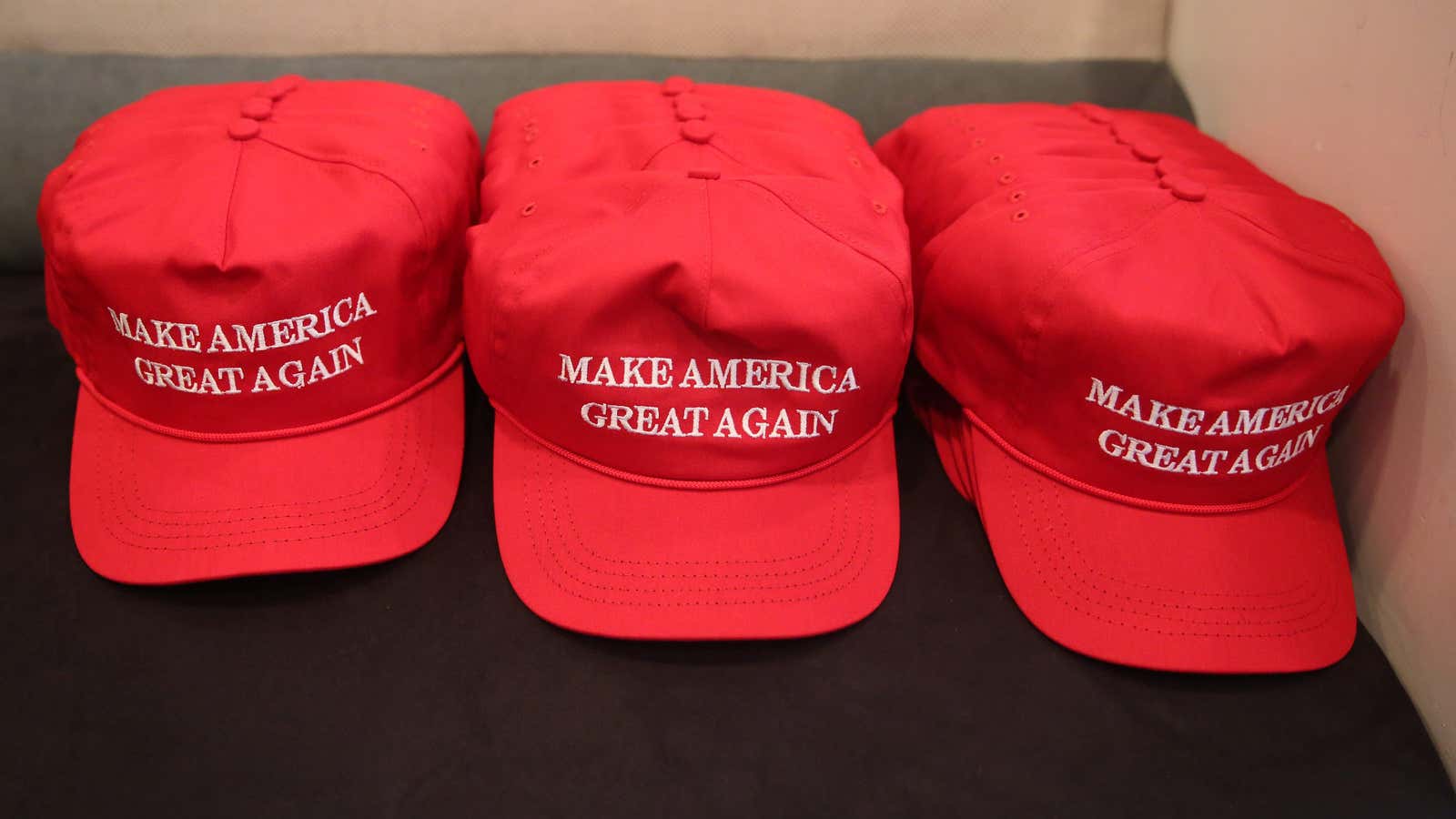Kenji López-Alt did not intend to become a semi-celebrity when he began writing The Food Lab, his column on the science of cooking, several years ago. Nevertheless, he quickly gained a following, a book deal, and, a more recently, an invitation to co-open a restaurant in San Mateo, California.
López-Alt accepted the invitation, as he explained on a recent episode of the radio show Freakonomics, but he underestimated the effort it would take to launch a brick-and-mortar business—a massive restaurant and beer hall called Wursthall, which opened in early 2018. Dissecting the experience for podcast host Stephen Dubner, López-Alt detailed the sometimes brutal lessons he has learned as a manager and chef-partner over the past year.
Even for the invariably dramatic genre of restaurant-opening horror stories, his was compelling. That’s partly because López-Alt became a business leader in an era when leaders regularly wade into politics. Today’s purpose-driven millennial employees won’t allow CEOs to do otherwise. Besides, American workers have been impacted by so many contentious issues debated by elected officials and the US Supreme Court (immigration, same-sex marriage, and trans rights, to name a few) that many CEOs and business owners have felt obligated to step into the fray.
So it’s understandable that López-Alt did, too, when he jumped into the debate over “MAGA” hats, the red caps featuring US president Donald Trump’s “Make America Great Again” campaign slogan that has become, to many, a symbol of white nationalism. In January, around the time that some MAGA hat-wearing Catholic school boys were in the news for what looked like racist behavior at an anti-abortion rally in Washington DC, López-Alt went on Twitter to share his viewpoint.
“It hasn’t happened yet, but if you come to my restaurant wearing a MAGA cap, you aren’t getting served, same as if you come in wearing a swastika, white hood, or any other symbol of intolerance and hate,” López-Alt wrote in a since-deleted tweet.
It was a huge miscalculation, one that brought immediate media attention, and for which he has since apologized. It was also an opportunity to rethink what it meant to be in charge. “It was a mistake on a number of fronts for me to say that,” López-Alt told Freakonomics listeners. “The first one, and the one I was really concerned about, is that it was a mistake in the way I treated my staff and my partners. That’s my personal Twitter account and it was something I said kind of off the cuff and I never talked to my partners about it.”
“I realized afterwards that I just put my partners and especially my staff in a really tough position,” he explained, “and now there’s all this anger being directed at them, and they had nothing to do with it.”
López-Alt has elaborated elsewhere on his view of the MAGA hats’ symbolism. In a blog post on Medium, he wrote, “Symbols have power and meaning and can mean different things to different people at different times and in different contexts. After having seen the red hat displayed so prominently in so many moments of anger, hate, and violence, to me — and many others — the hat began to symbolize exactly that: anger, hate, and violence. This was the context my tweet was meant to communicate.”
With even mid-size power comes great responsibility, López-Alt learned. On the Freakonomics show, he explained that he’s had to reflect on his role in public and as a boss. He sees himself as a “normal guy” and “just another schlub on the internet,” he said. But the incident and others showed him that he has a responsibility to be mindful of the way he uses his platform. He also has a young family to consider. “It’s not just about getting you in trouble,” his wife has had to remind him, he said.
His tweet also could have put the restaurant in economic jeopardy, a sign to him that it was disrespectful to the staff and to investors.
“What’s more, my personal perspective in no way meant that Wursthall was changing its policy, as is being erroneously reported in media,” he clarified in the Medium post. “Wursthall will continue, as it always has, to serve all customer regardless of race, color, religion, sex, national origin, sexual preference, gender orientation, disability, or political opinion — so long as they leave hate, anger, and violence outside of the doors of our restaurant.”
The tales of misadventures López-Alt shared on the Freakonomics show—there were gems involving toilet plumbing, dry pretzels, and vegan doner meat—also included a couple of other management lessons. For example, he advised fellow business owners to hire people mainly for their attitude, and to look for those who care about what you’re trying to achieve, “because you can always teach someone skills, but you can’t teach someone to give a shit,” he said.
Second, if you have a number of non-native English speakers on your staff, hire a translator to assist with communication during times of transition, he recommended. Wursthall brought in an interpreter for a day when the company announced a new executive chef and menu changes, he explained, and the managers scheduled sit-downs with all of the Spanish-speaking staff. Beyond communicating the restaurant’s decisions, said López-Alt, the translator helped management to get feedback from the Spanish-speaking staff, “to find what they needed from us in order to be happy in their work.” He reports that the move, which arguably communicated true respect for the employees, was a tremendous boost for morale.
